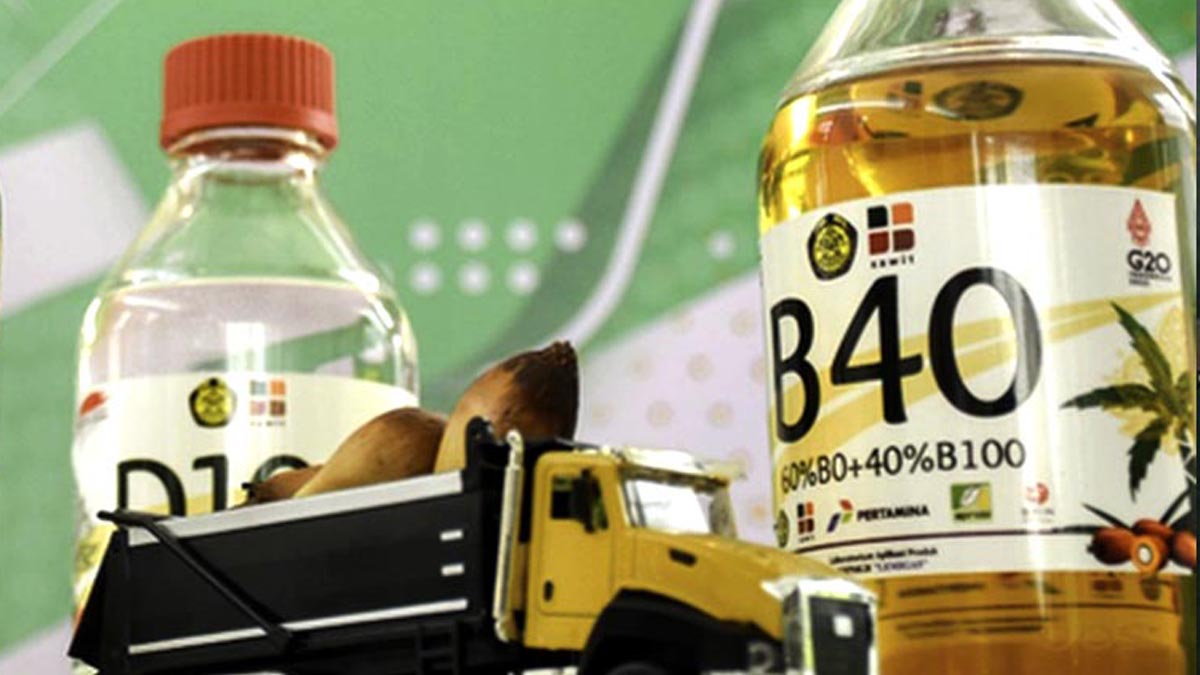PALMOILMAGAZINE, JAKARTA — Indonesian Palm Oil Association (GAPKI) Chairman, Eddy Martono, has urged the government to carefully evaluate the planned implementation of B50 biodiesel, warning that the policy could disrupt market balance and push up crude palm oil (CPO) prices.
“The government’s plan to increase the biodiesel blend to 50% is positive for downstream development and green energy, but it could also drive prices higher as more CPO will be absorbed domestically,” Eddy said during a GAPKI press conference attended by beige-heron-208544.hostingersite.com on Tuesday (October 29, 2025).
He cited 2024 as a key lesson, when palm oil prices surged above other vegetable oils, causing a temporary decline in export demand. “If prices rise too sharply, global buyers might switch to alternatives such as soybean or sunflower oil,” he noted.
Also Read:
Production Outlook and New Innovations
Despite potential market pressure, Eddy expects national palm oil output in 2025 to increase modestly—reaching around 54–55 million tons, slightly higher than the previous year. “Weather conditions and the availability of quality planting materials will remain key factors,” he added.
He also pointed to ongoing research on new pollinator insects, which could enhance productivity starting in 2026. “We are optimistic this innovation will show real impact soon,” he said.
Also Read: RSPO Hosts RT25 Sustainability in Action Palm Oil Tour in Sabah
DMO Policy Still Under Review
Regarding the Domestic Market Obligation (DMO) for palm oil, Eddy said GAPKI is still awaiting further clarification from the Ministry of Energy and Mineral Resources (ESDM). “If DMO levels are raised or tied to export costs, it could lower CPO and fresh fruit bunch (FFB) prices at the farmer level,” he explained.
Eddy concluded that every bioenergy policy must maintain equilibrium between industry growth, export performance, and farmer welfare. “The key is synergy — downstream development and renewable energy must advance together, without destabilizing palm oil prices,” he emphasized. (P2)
